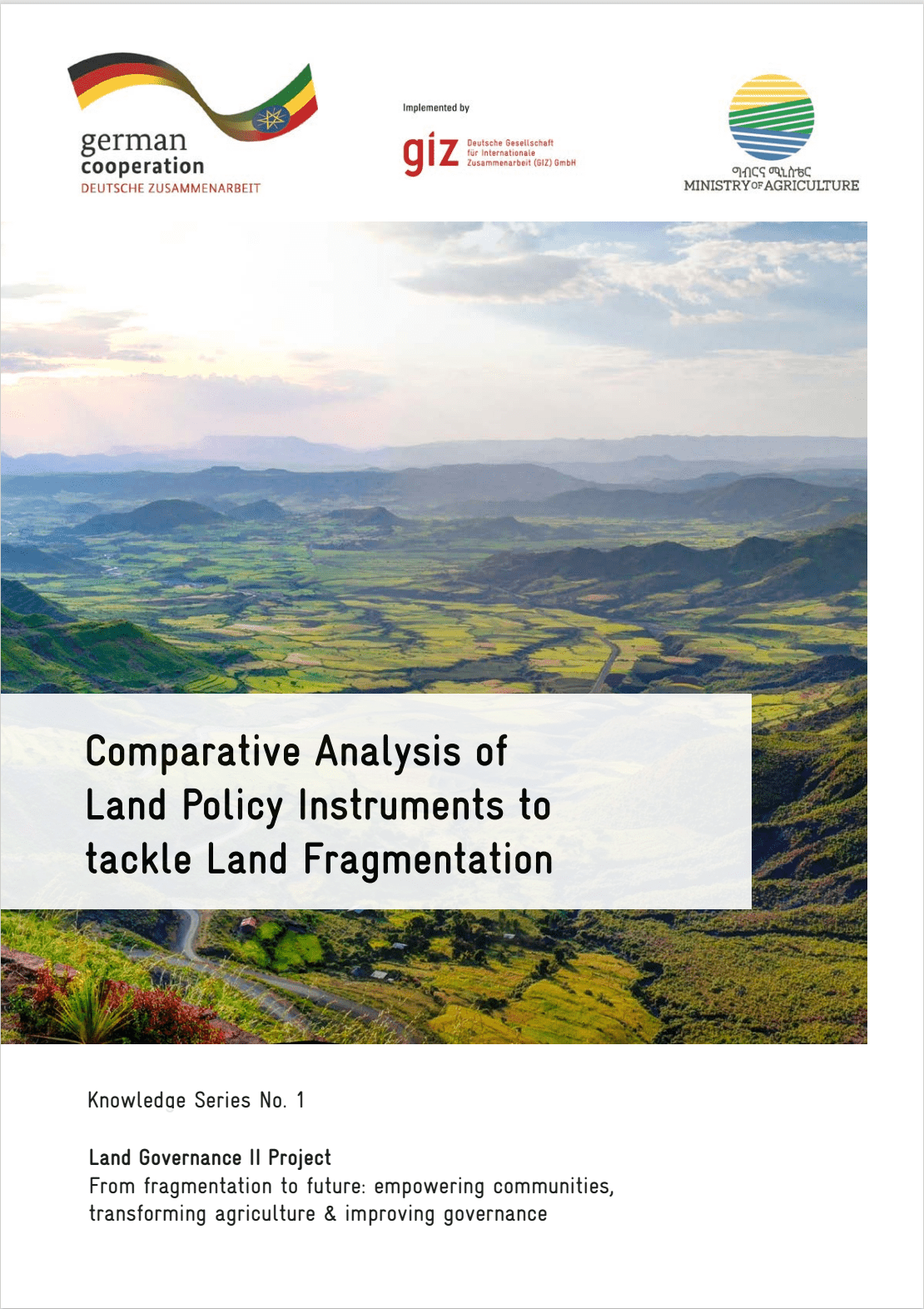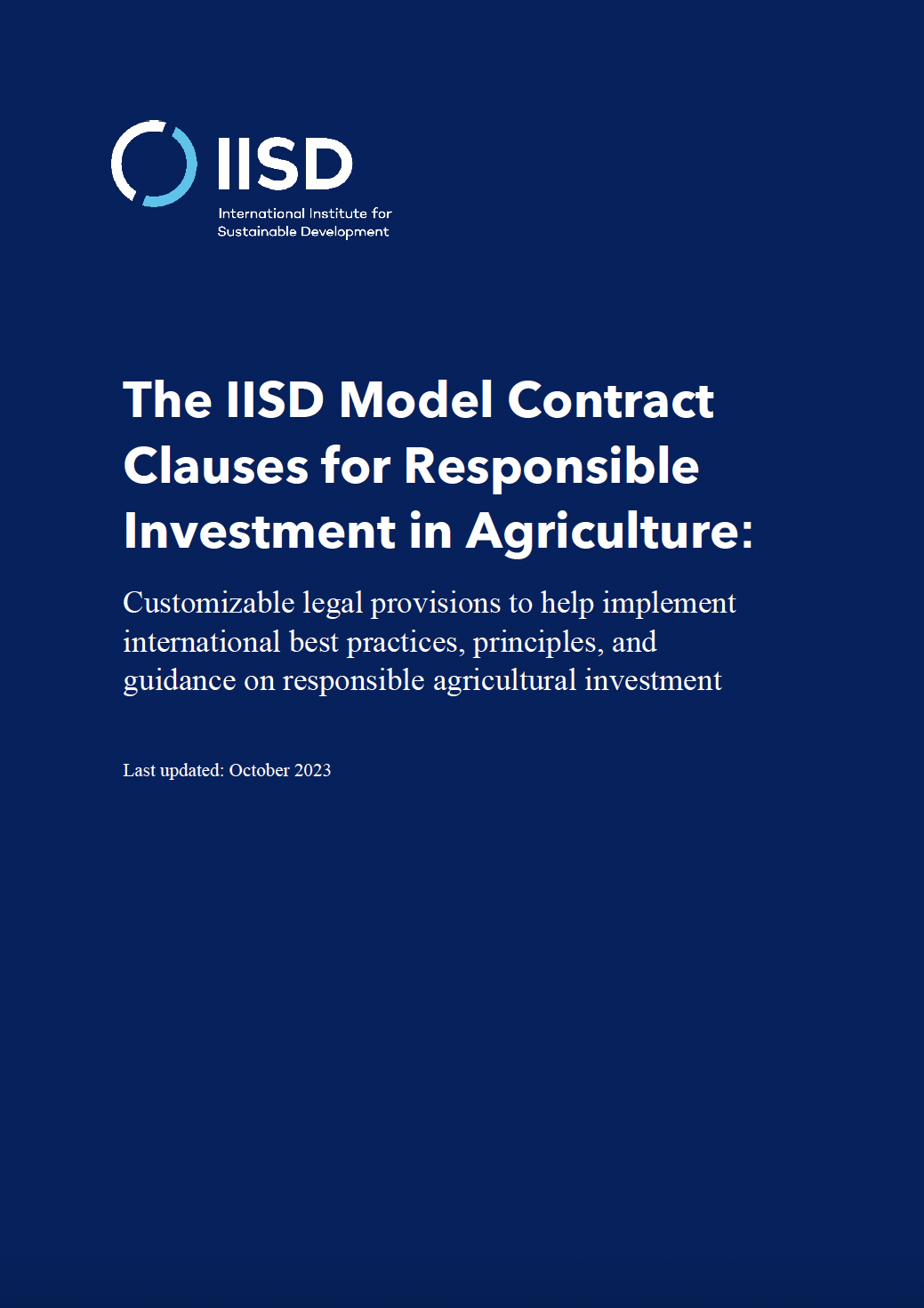Assessing the challanges of women's land rights in Tanznia
The purpose of this study is to explore the challenges of women on land rights, in Tanzania customary practices often required woman to access land through their fathers, brothers, husbands or other men who control the land, so this makes women vulnerable and decreases agricultural productivity. When women loses their connection to this male relative, either through death, divorce or migration, they can lose their land, home and means of supporting themselves and their families.




